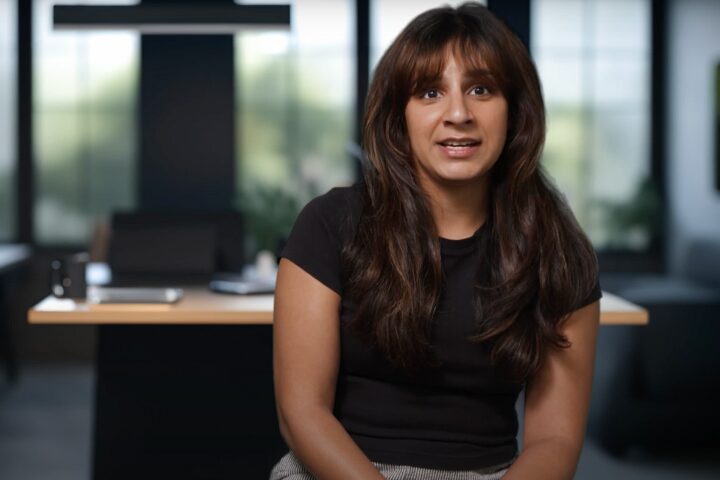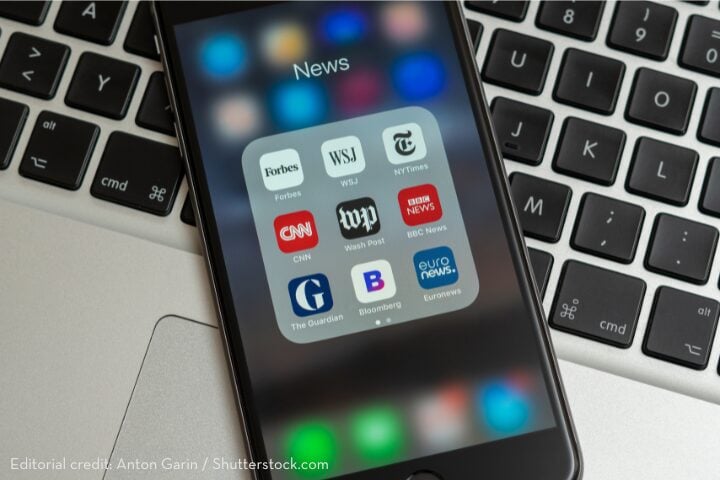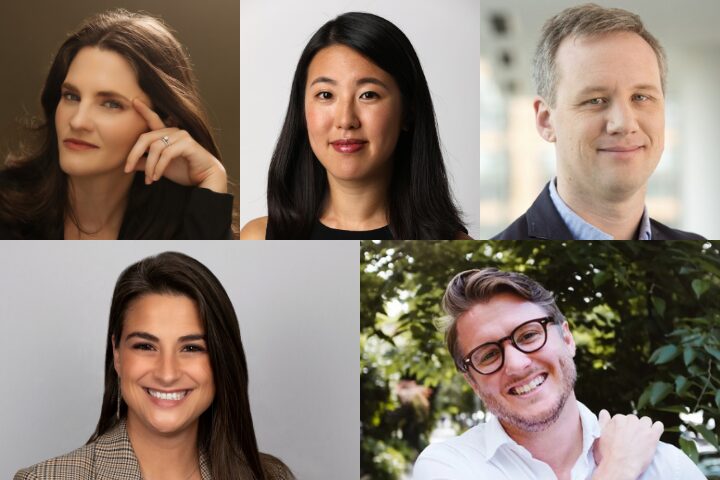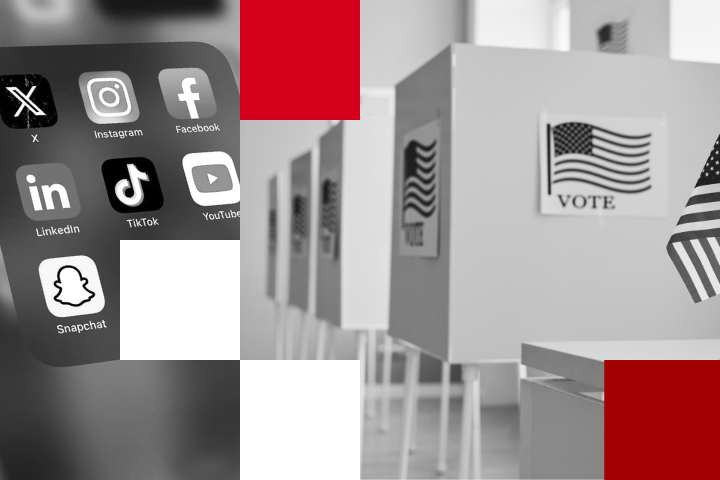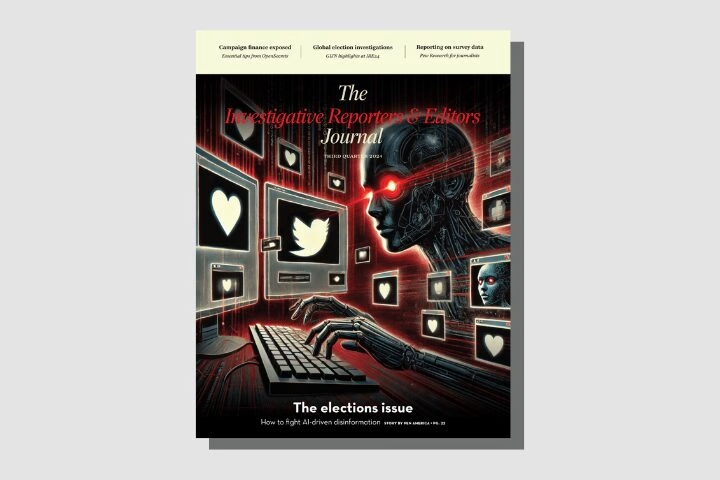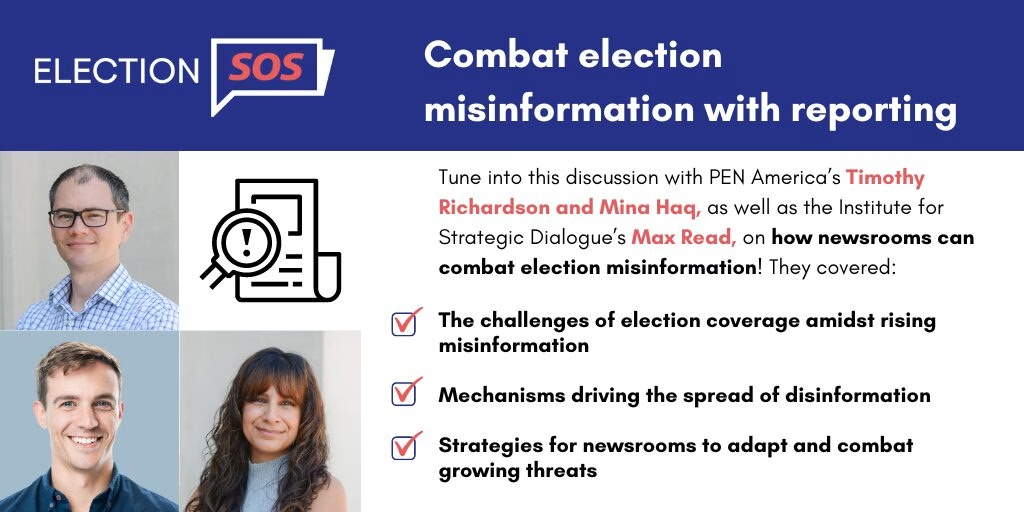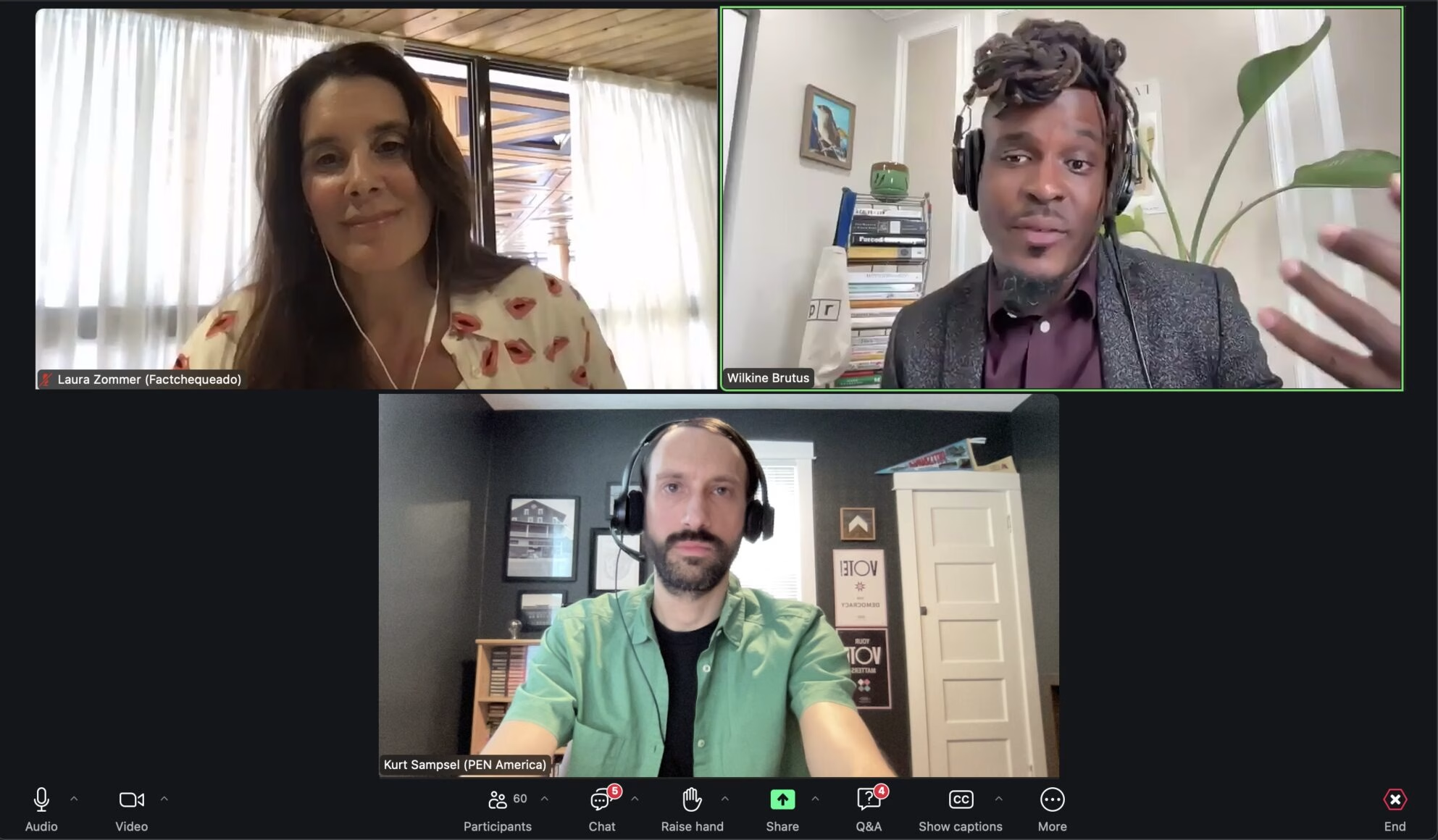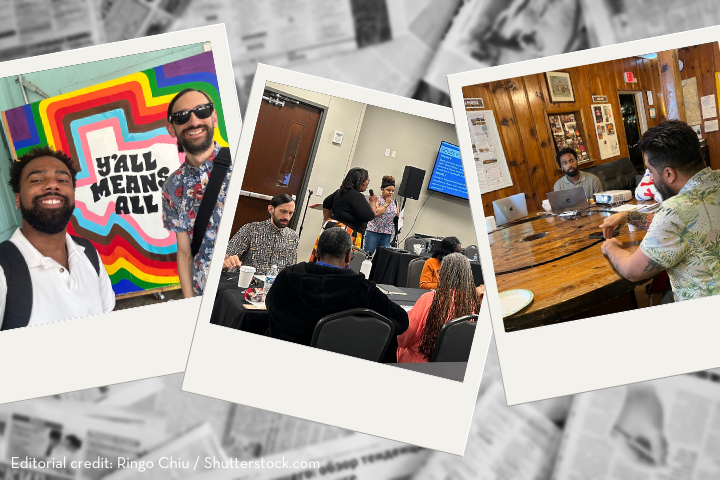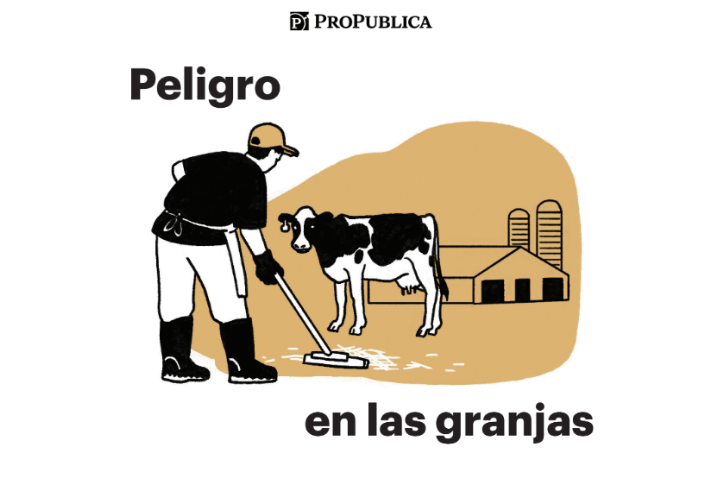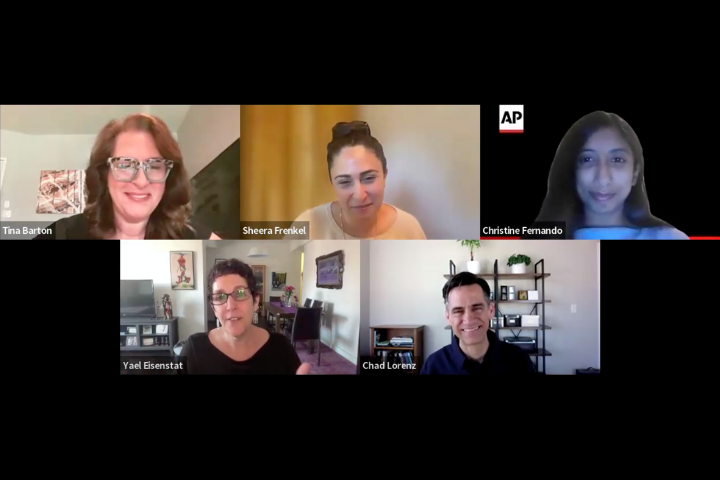In today’s hyper-connected world, disinformation spreads rapidly through social media, news outlets, and personal conversations. The relentless barrage of deliberate false or misleading information poses a profound threat to democracy, individual well-being, communal trust, and society itself. At the heart of the problem is that disinformation exploits our biases, fear, and anger. In communities healing from the trauma of systemic oppression, racial discrimination, and social injustice, the truth is similar to a fractured bone being snapped back into place. The reset bone cannot heal properly until the reset.
Restating the truth is needed to reset the consequential hurt of disinformation — and there is work that we all can do to advance this healing in our communities.
Disinformation taps into our emotions, reinforcing preexisting beliefs while eroding critical thinking. Once a lie gains momentum, it becomes difficult to dispel, leaving behind a trail of confusion, division, and, all too often, real-world harm.
We saw this during the COVID-19 pandemic, when false information about vaccines, treatments, and the virus itself spread widely. Families making critical health decisions for loved ones were confused by channels of information they trusted. Parents feared the decisions made for their school-age children, and caregivers for older adults struggled with decisions that disrupted life-giving connections. Disinformation about vaccines, fueled by distrust and conspiracy theories, led to unnecessary deaths, prolonged the pandemic, and strained healthcare systems worldwide. Ripple effects were devastating. Families lost loved ones, communities faced extended lockdowns, and already-fragile healthcare systems buckled under pressure. The relentless barrage of falsehoods cost lives.
Just as the effects of the pandemic were not felt equally across communities, the spread of online falsehoods disproportionately harms marginalized and vulnerable groups. From racial and ethnic minorities to immigrant communities, these groups are often the target of harmful narratives that stoke hatred and perpetuate stereotypes. False stories about immigrants “taking jobs,” “voting illegally,” or “consuming pets” poke at racial minorities, fueling systemic discrimination and violence, and deepening societal divides.
The lessons of the last four years — shaped by a pandemic, assassination attempts, and an insurrection — should not be lost on us as we barrel ahead toward another election. Because the 2020 election was riddled with false claims of widespread voter fraud, despite clear evidence to the contrary, voters this year are overwhelmed and exhausted by the perpetuation of falsehood. When people can no longer agree on basic facts, the foundation of democracy — an informed and engaged electorate — crumbles. Hurt and hopelessness divide communities, turning neighbors into enemies and creating an atmosphere of fear and suspicion.
But there is work we can do to defend ourselves and our neighbors against this encroaching threat. Combating disinformation requires a heartfelt approach beyond education, regulation, and personal responsibility. Resilience efforts must include healing and community-building.
As an organizer, I know the importance of community-centered approaches in pro-democracy work. In combating disinformation, a mission that is critical for safeguarding our democracy, I’ve worked to foster these community bonds through a variety of efforts, including leading community workshops as a part of PEN America’s Disinformation and Community Engagement program. In each of these workshops, intended to bring members of the Dallas and Fort Worth communities together, we’ve created shared spaces for people to discuss their fears and hopes with one another, recognizing that the issue of disinformation is a communal one — and that none of us are alone in the fight. In serving as trusted messengers, we can bring everyone along with us on the pathway toward truth, healing, and understanding.
Critical to the fight against disinformation is the recognition that disinformation hurts us all. It chips away at our trust in institutions and presents barriers to making progress on important issues. As individuals and as a society, we must commit to the pursuit of truth, because only through a shared understanding of reality can we hope to build a future where everyone thrives. Lies may spread quickly, but the truth, though harder to grasp, is the foundation of a just and healthy society.
We must be inspired — and for some, guided — to challenge our own biases and engage in constructive conversations that prioritize truth over convenience. The communal consciousness must uphold the truth and fight against those who threaten it.

